Born into a family of farmers from the Casamance region of France, Badara Sané was interested from an early age in the weather, the weather to come, and the influence of climatic events on the quality and sustainability of agricultural activities.and the influence of climatic events on the quality and sustainability of farming activities. " Traditional rural knowledge enables us to recognize the signs of rain, drought or heavy precipitation. But science and technology can improve these predictions to secure production ", says the young researcher fascinated by weather forecasting and its applications. It was therefore only logical that he should study physics and chemistry at the Université Cheikh Anta Diop de Dakar (UCAD), after passing his baccalaureate in Bignona (Ziguinchor). During his master's degree in meteorology, oceanography and arid zone management, he even planned to become a weather forecaster with the organization that oversees civil aviation in Africa. Continuing his academic career, he undertook a joint UCAD-Sorbonne University PhD on extreme marine events on the West African continental shelf. The project involves co-constructing a decision-making tool with artisanal fishermen on the Petite Côte in Senegal.
News
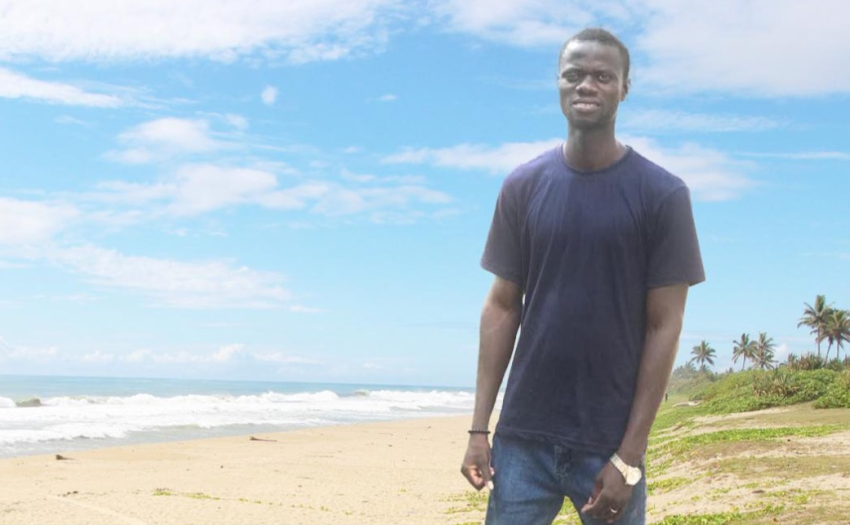
Alumni profile: Badara Sané - forecasting extreme coastal currents
The young Senegalese oceanographer presents a system for forecasting extreme marine currents, to help fishermen.
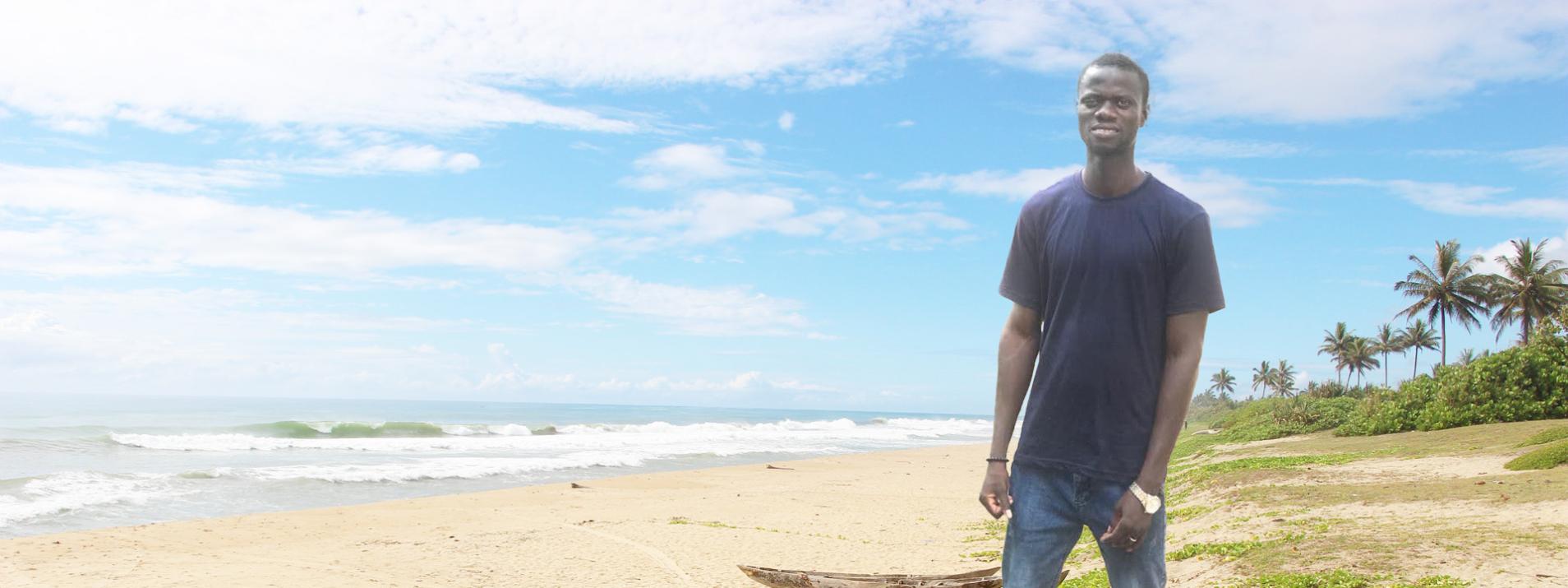
PROTECTION ALERT
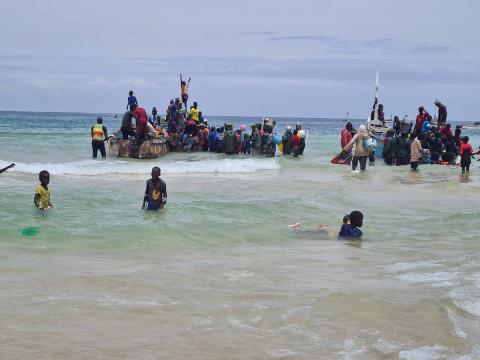
It is this system, designed to forecast and inform West African maritime industry players of the occurrence of extreme marine current events, that he is submitting to the jury of the IRD Innovation Trophies.
"These extreme south-to-north currents occur for about six months around summer.They represent a major disruption to net and trap fishing practices, as these fishing gears are rendered inoperative or degraded, resulting in the loss of up to a day's work at each event," he points out.
To anticipate this type of extreme episode, the project combines high-resolution ocean modeling in simulation and prevision modes, satellite measurements and physical information gathered in real and delayed time by sensors installed on a buoy anchored on one of the fishing grounds. This system will enable the production of short-term alerts. Via the SAP (early warning service) of Senegal's national meteorology department, currently limited to extreme swells, fishermen, maritime authorities and coastal services will have easy access to alerts. Its gradual commissioning will take place from summer 2026 for the first prototype for the Petite Côte region, to summer 2027 for the entire Senegalese coastline.
An article by Olivier Blot, IRD le Mag'.

 3
3
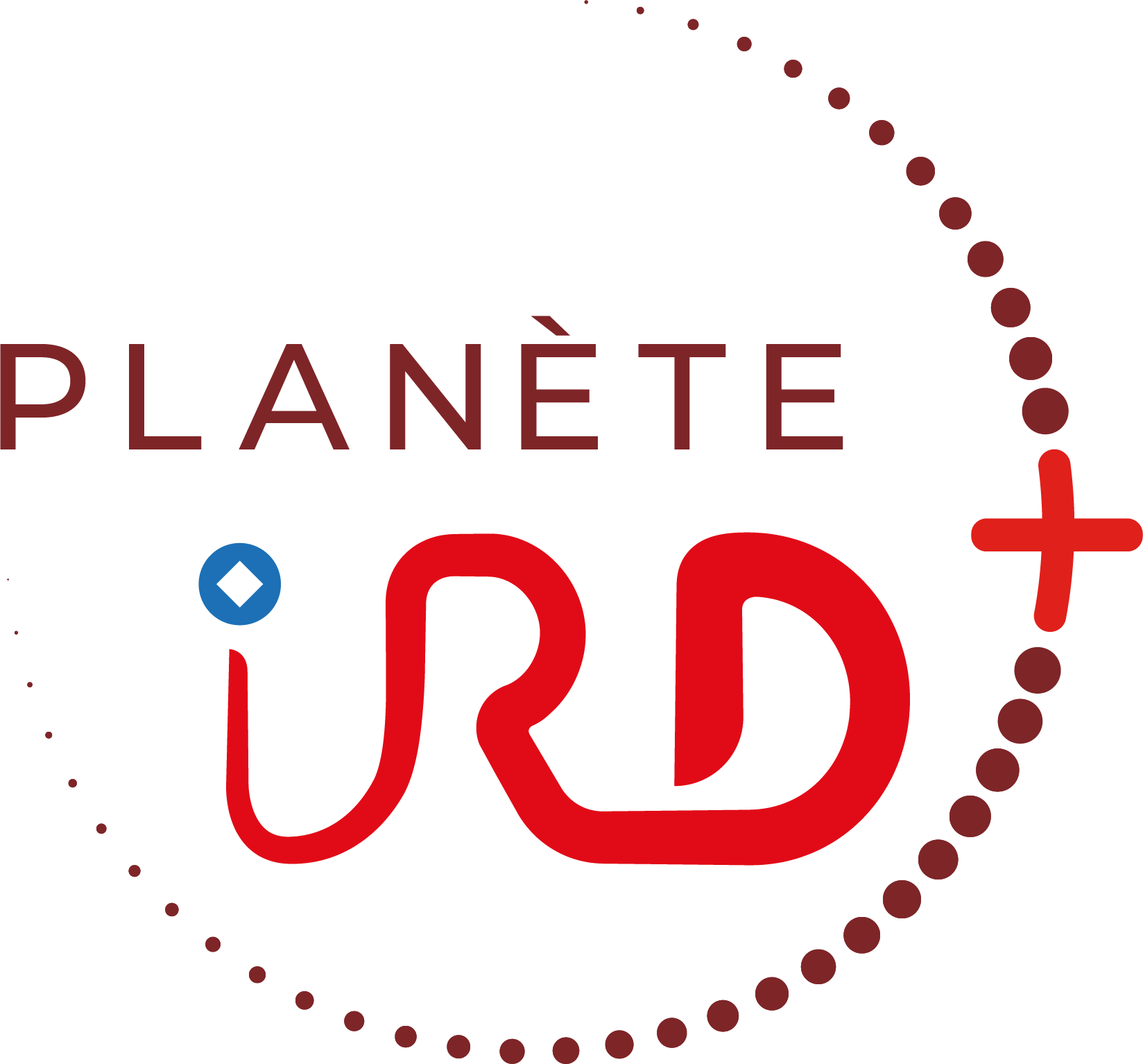

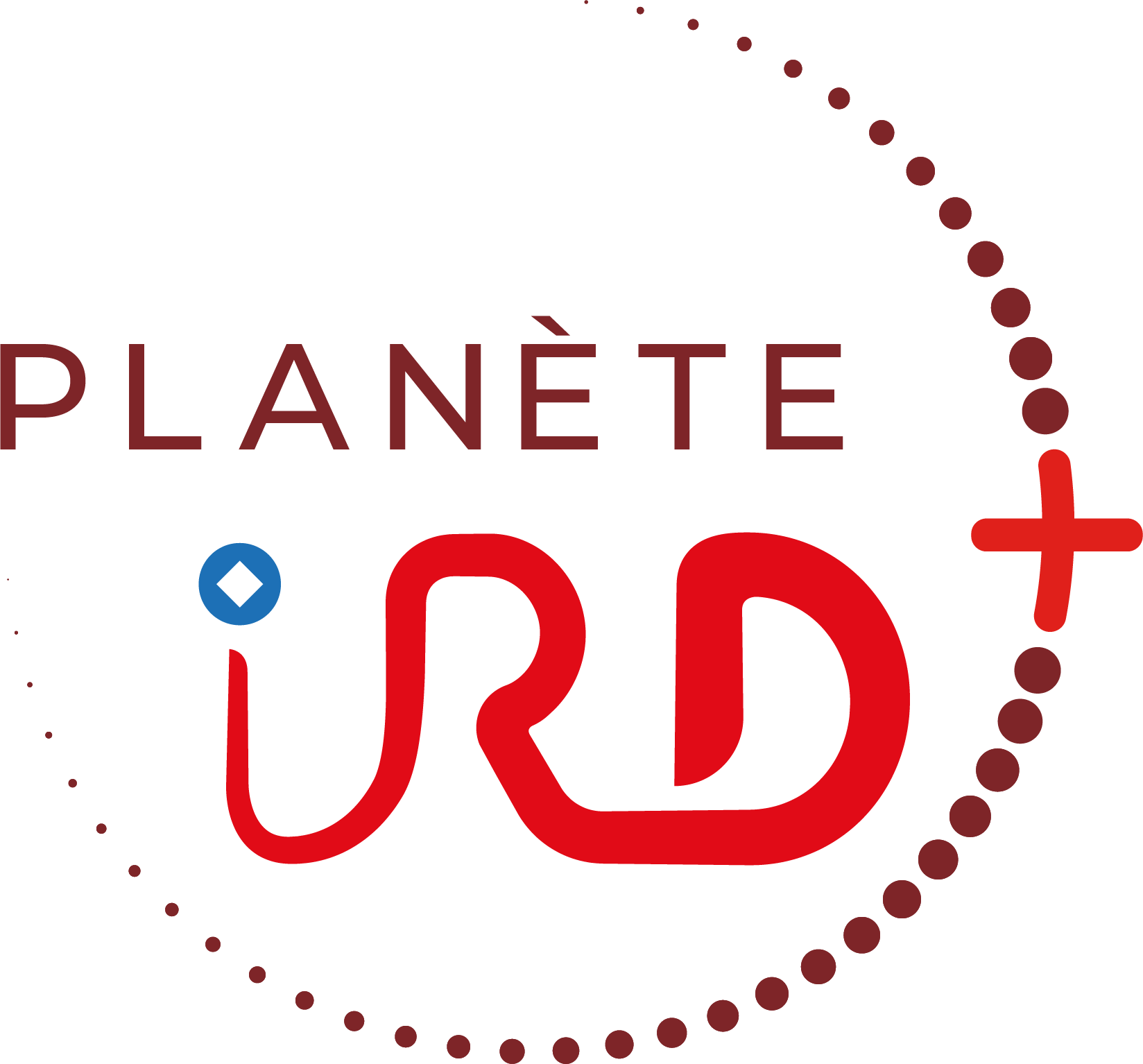





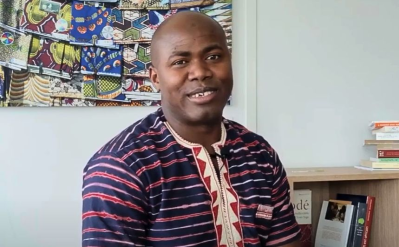
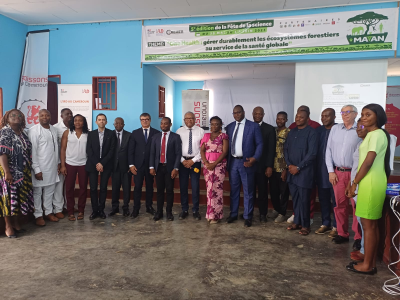


No comment
Log in to post comment. Log in.